Tort law falls under common law jurisdiction where “tort” is a label for a wide range of wrongful actions that causes a loss or harm to a victim. The law categorizes them as intentional torts, negligence or strict liability.
In cases such as these, the plaintiff seeks compensation from a defendant for damages incurred. Regardless of the type of case, there are four basic elements to a tort case: duty, breach of duty, causation, and injury. These elements apply to a wide range of personal injury cases.
Intentional torts
These are wrongful acts intentionally carried out. Whether the results were intended or not, the negligent person is generally well-aware of their actions and that they could lead to injury. Common examples include:
- Battery
- Assault
- False imprisonment
- Intentional inflicting of emotional distress
- Fraud
- Defamation
- Invasion of privacy
Negligence
Here, there is a specific code or obligation of conduct. This is a legal duty of the public to avoid injuring others through careless actions or failure to uphold their responsibilities. This can apply to:
- Drivers who violate traffic laws
- Owners or occupants who do not reasonably maintain a property, which leads to visitors slipping and falling
- Malpractice by a medical organization or employee
Strict Liability
This involves the absolute liability for injury to a victim without proof of negligence or direct fault. It often consists of the sale of defective products that cause injury or death. Regardless of whether the product designed not to injure the victim, the negligent party can be held accountable. Along with defective products, other cases include dog bites or abnormally dangerous or reckless actions.
Personal injury attorneys handle tort cases
Torts fall under the area of law called personal injury. Those who wish to find out how these definitions apply to a specific situation can consult with an experienced and knowledgeable personal injury attorney working here in Louisiana.

